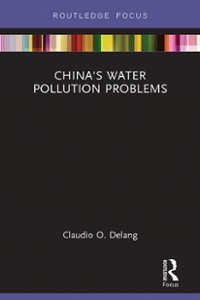Answered step by step
Verified Expert Solution
Question
1 Approved Answer
help please 2. Macroeconomics i. Consider an economy with the following components in GDP. Consumption depends only on disposable income. National saving is 225, investment
help please

Step by Step Solution
There are 3 Steps involved in it
Step: 1

Get Instant Access to Expert-Tailored Solutions
See step-by-step solutions with expert insights and AI powered tools for academic success
Step: 2

Step: 3

Ace Your Homework with AI
Get the answers you need in no time with our AI-driven, step-by-step assistance
Get Started


